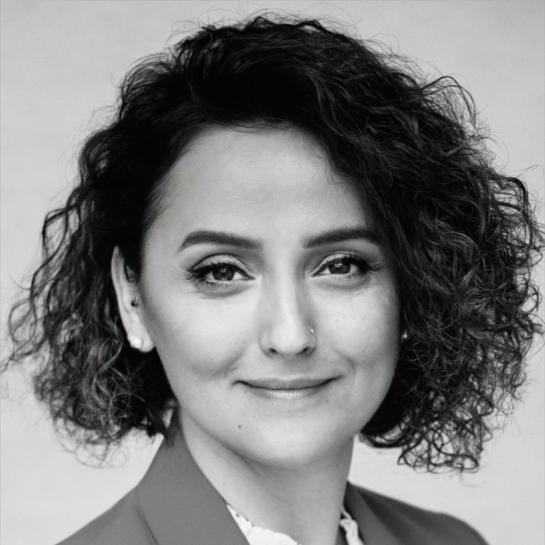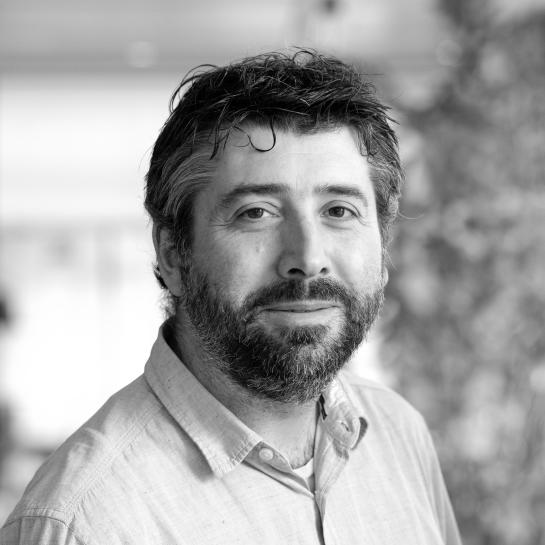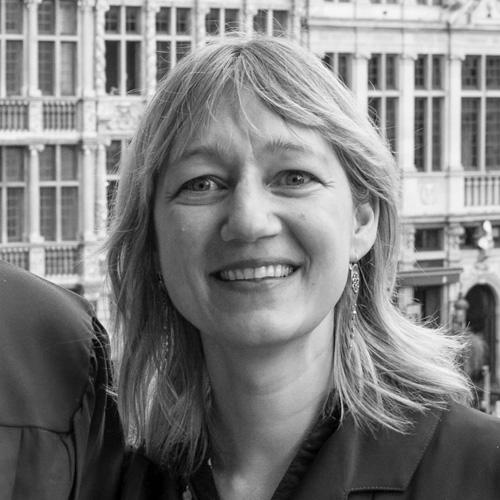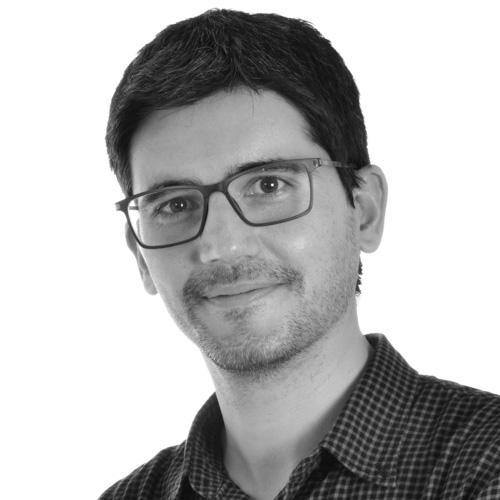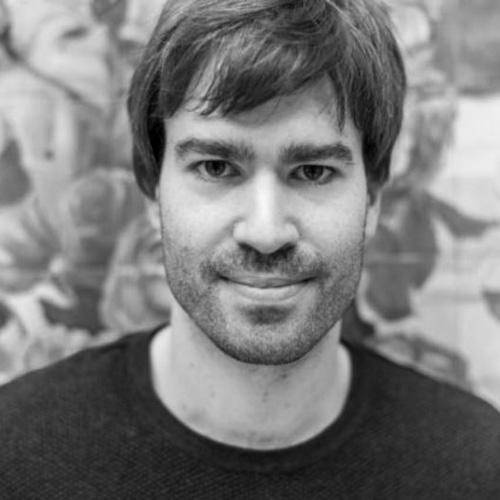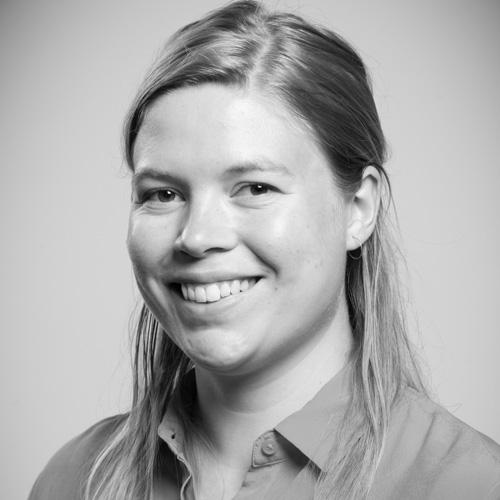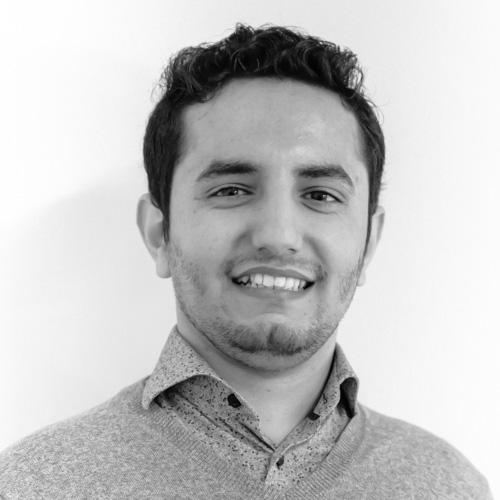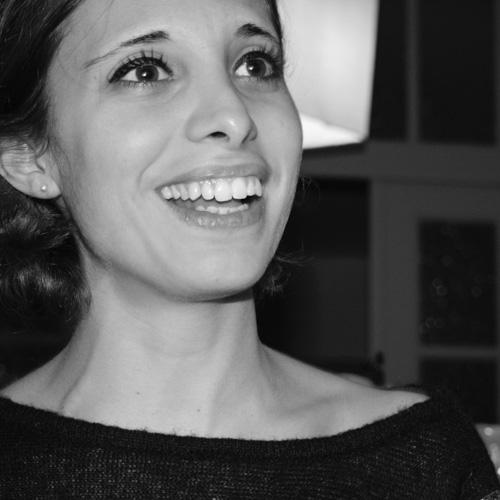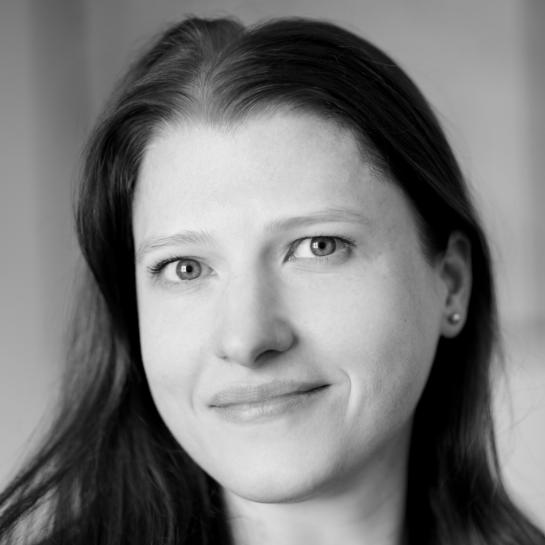Partner institutions
Brussels Centre for Urban Studies
Cosmopolis Centre for Urban Research
Research objectives
The Strategic Research Programme (SRP) “Demographic and Societal Challenges of the 21st Century” (2023–2027) builds on the achievements of its predecessor (2018–2022). Its central goal is to investigate socio-demographic and societal challenges through the lens of social sustainability, guided by the principles of the United Nations’ Sustainable Development Goals (SDGs). The SRP adopts equity as a cross-cutting theme, addressing systemic inequalities that limit individuals’ opportunities and well-being in various spheres of life, including employment, health, housing, and migration. The project is structured around six interconnected research lines (RLs):
- Sustainable work and employment: The theme aims to develop a longitudinal (career) perspective in studying the relationship between employment quality and issues of equity in health and well-being among workers in various employment types (e.g., wage, self-employment, gig work). A central focus is on the potential and challenges associated with technological innovation—particularly digitalisation—in fostering sustainable and inclusive work and employment.
- Sustainable living environments: The theme focuses on studying the impact of climate change (e.g., heat waves, flooding), pollution, and spatial segregation on health and mortality inequalities, particularly in urban settings. The research integrates potential ‘alleviating infrastructures’—such as access to urban green and blue spaces, housing quality, and social amenities (e.g., schools, senior centres, healthcare facilities)—into a dynamic understanding of how residential and non-residential characteristics (e.g., work, schooling, and leisure contexts) affect health and mortality disparities.
- Equitable and non-discriminatory social relations: The theme investigates the causes and patterns of social (im)mobility and socio-economic and ethnic inequalities in urban environments, with particular attention to residential segregation, gentrification, housing issues, and discrimination. Adopting an intersectional and multilevel perspective, the research seeks to develop and evaluate evidence-based policy measures to address these challenges effectively.
- Global population issues and migration: The theme examines the impact of digitalisation and Artificial Intelligence on migration research and governance, as well as the daily lives of migrants, including migratory routes and access to essential services such as healthcare, employment, and education. Additionally, the research explores the stalling fertility decline in sub-Saharan Africa and the diaspora in Belgium. A key initiative is the development of an innovative study on the health, living, and working conditions of newly arrived migrants in Belgium.
Inequality in health and mortality: This theme explores the long-term social consequences, causes, and patterns of mortality inequalities related to emerging diseases (e.g., neurodegenerative diseases, AIDS, and COVID-19). A second focus is on improving understanding of the utilisation and appropriateness of end-of-life care among migrant-background groups and deprived populations.
Each of the above research lines is supported by the horizontal axis ‘Data and research infrastructure’. It is our ambition to maintain and strengthen our crucial position regarding the preparation, linkage, exploitation and archiving of large registry datasets as well as using the potential of Big Data (i.e., internet-based data, mobile phone data, satellite data, social media data) and Artificial Intelligence.

The programme also includes an innovative and unique large-scale data collection on the living and working conditions of the major migrant groups in Belgium (‘New Voices – Migrant Survey’ project). Migrant (background) populations constitute a cross-cutting edge for research of social, demographic, economic, work-and living environment-related inequalities and their well-being consequences. The SRP funding has also been utilized to initiate new research activities across the six research lines, using ‘seed money’ to support innovative projects.
From the strategic point of view, the SRP aims to strengthen the critical context and infrastructure required to consolidate and further develop BRISPO as a social and demographic research centre. In line with its objectives, the SRP focuses on ensuring a stable and stimulating research environment that facilitates the attraction of external research funding and supports the production of excellent research output by all team members. Progress towards this goal has been made through investments in data infrastructure, coaching and support for predoctoral and postdoctoral researchers, and the development of an outreach strategy.
SRP Advisory Board Members, 2022-2027
Ayse Guveli (University of Warwick)
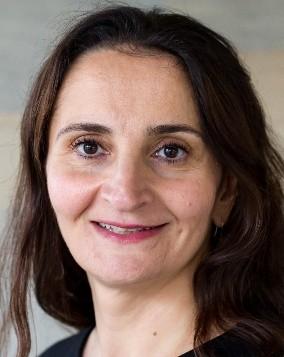
Ayse is a Professor of Sociology interested in the drivers and consequences of social inequalities. Her research is mainly comparative and focuses on stratification and social mobility, migration, religion, life course, family and gender. Ayse is currently leading The Third Generation project (ERC Consolidator/UKRI - €2.75million) which aims to shed light on generational change and continuity by comparing the grandchildren of migrants to their grandparents and non-migrant counterparts in the origin country: Turkey. She is a member of the ESRC Research Centre on Micro-Social Change (MiSoC). She has been a visiting scholar in the Department of Social Policy at London School of Economics and Political Sciences in 2018; TUBITAK visiting scholar in the Department of Sociology at Istanbul Sehir University (2013); a visiting scholar at the Department of Sociology, Bogazici University in 2012. She is a Fellow at the Rockwool Foundation Berlin and an external member of the Institute of Social and Economic Research (ISER), at the University of Essex and the Centre for Research and Analysis of Migration (CReAM) at the University College London. She is also an associate editor of the Journal of Family Studies.
Sayaka Osanami Törngren (Malmö University)

Sayaka is an Associate Professor in International Migration and Ethnic Relations. She received her B.A. from Sophia University, Tokyo, and her Ph.D. from Malmö/Linköping University (a joint program). Her dissertation, Love Ain’t Got No Color: Attitudes toward Interracial Marriage in Sweden, was awarded Malmö University’s Dissertation of the Year (2012). Her research interests include race and racialization, racism and discrimination, and inequality. She has extensive experience in conducting and managing externally funded research (EU and national funding). Her work involves international and cross-sectoral collaboration with public and private sectors and NGOs. She teaches undergraduate and graduate courses on race, ethnicity, and identity, and supervises M.A. students (Research Internship and M.A. thesis) and Ph.D. students interested in topics of race, racism, discrimination, and racialization. She currently serves as Associate Editor for the Sociology Compass Race and Ethnicity section, a role she will hold until December 2025. She is Editor-in-Chief of the Nordic Journal of Migration Research and a Board Member of Nordic Migration Research. Additionally, she co-chairs the IMISCOE Standing Committee on Race, Racism, and Discrimination and serves as a member of the IMISCOE Committee on Diversity, Equality, and Inclusion.
Georges Reniers (London School of Hygiene and Tropical Medicine)
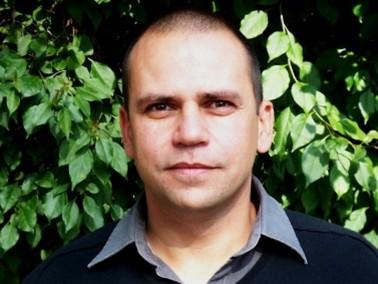
Prof. Dr. Georges Reniers is a faculty member at the London School of Hygiene and Tropical Medicine, affiliated with the Department of Population Health within the Faculty of Epidemiology and Population Health. He is also part of the Centre for Maternal, Adolescent, Reproductive and Child Health. His teaching responsibilities include organising the modules Demographic Methods (2057) and Population Dynamics and Projections (2429). His research focuses on the demography of sub-Saharan Africa, with particular emphasis on HIV/AIDS, human mortality, sexual behaviour, household and family dynamics, and the development of demographic surveillance systems, including methods for surveillance and record linkage.
Morten Wahrendorf (Heinrich Heine University Düsseldorf)
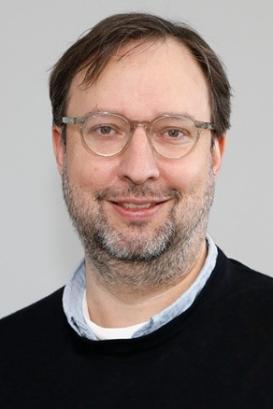
Prof. Dr. Morten Wahrendorf is Head of the Research Group on Work and Health at the Institute of Medical Sociology, Heinrich Heine University Düsseldorf. He previously worked at the International Centre for Life-course Studies in Society and Health (ICLS) at University College London. He holds a PhD (2009) and a Habilitation (2020) from Heinrich Heine University, an MA in Sociology from the Université de Montréal (2004), and a BA in Social Sciences from Heinrich Heine University (2002). His research focuses on social inequalities in health over the life course, the effects of employment and working conditions on health in later life, labour market participation and social engagement in old age, the impact of informal caregiving on caregivers’ mental health, and inequalities in medical care and occupational health. He also specialises in advanced statistical methods for longitudinal data, causal analysis, survey design, data harmonisation, and international comparative research on social and labour market policies.
Chris Warhurst (University of Warwick)

Chris Warhurst is an internationally recognised expert on job quality, skills and aesthetic labour. He is motivated by wanting to see better scientific and policymaker understanding of work and employment. He is a Fellow of the Academy of Social Sciences and a Fellow of the Royal Society of the Arts and an Associate Research Fellow of SKOPE at the University of Oxford. He was Co-Chair of the ESRC-funded Renewing Work Advisory Group of Experts (ReWAGE) and a member of the Productivity Institute. He was previously Professor of Work and Organisational Studies at the Sydney University Business School, Founding Director of the Scottish Centre for Employment Research (SCER) at Strathclyde University and a Trustee of the Tavistock Institute in London. He was Chair of the Management Committee for Human Relations and co-editor of Work, Employment and Society. He uses mixed methods in his research, which ranges over small-scale qualitative case studies to national surveys. He has secured more than 90 research awards from national research councils, government, employers, trade unions and charities etc. He has published 18 books including the Oxford Handbook of Job Quality (Oxford University Press) , Aesthetic Labour (Sage), The Skills That Matter (Palgrave), Are bad jobs inevitable? (Palgrave) and the Oxford Handbook of Skills and Training (Oxford University Press). He has published over 60 academic journal articles, over 70 book chapters and over 70 reports for government and practitioners. He has been an expert advisor to the UK, Australian and Scottish Governments as well as the OECD, Oxfam Scotland and the Scottish Living Wage Campaign. He sat on the Measuring Job Quality Working Group co-chaired by the Carnegie Trust UK and the Royal Society of the Arts that was tasked with responding to the UK Government’s Taylor Review of Modern Working Practices recommendation to develop a measure of job quality for the UK. He is currently a member of the Education and Labour Market Research Group of the Scottish Qualifications Authority.

